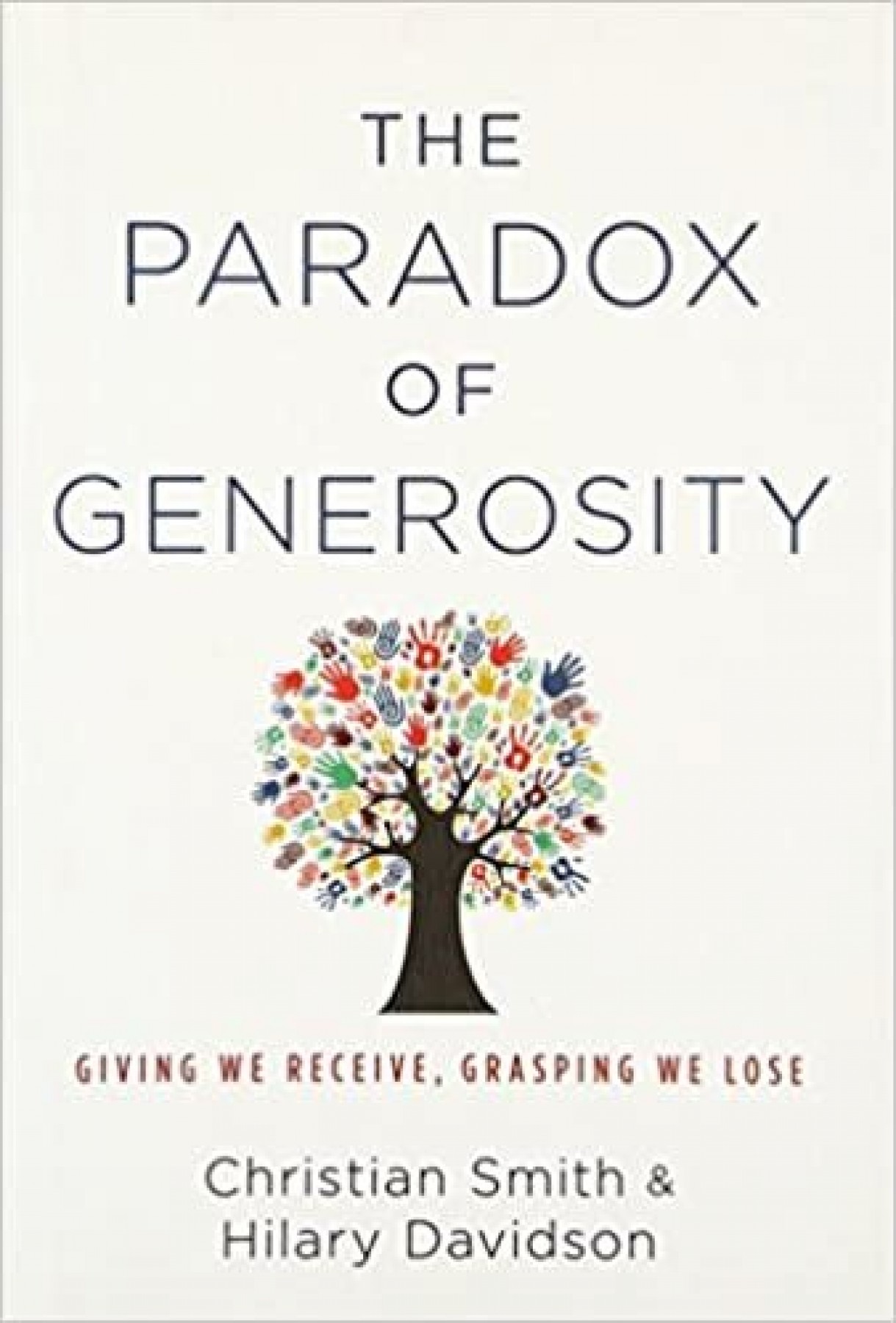The Paradox of Generosity presents the findings of a US study of adults who completed surveys and gave in-depth interviews regarding their generosity and wellbeing.
The book is divided into five chapters and some of the information is repetitive at times. The first chapter is overwhelmingly about the data with lots of numbers and graphs, with more in the appendix for those who are interested.
Persevere through the first chapter and the reward is in the second, where the authors address the sceptics’ question as to whether people are generous because they are happy, or happy because they are generous? The authors explain causal mechanisms and nine interrelated ways in which generous practices enhance human wellbeing. For example, generosity can trigger chemical systems in the brain and body that increase pleasure and experiences of reward, reduce stress and suppress pain.
The final three chapters talk about generous and ungenerous Americans with examples and case studies that show how generosity is practiced or absent in their lives and what this means for their wellbeing as measured by their happiness, physical health, purpose in life, avoidance of depression and interest in personal growth. The authors conclude that both generous and ungenerous people live lives that are less than ideal, but that generous people are able to take hardships in stride, believing that life is good and still worth living.
Reading this book prompted me to think about my own attitude toward generosity and think more about what I can do with what I have. It helped me broaden my thinking to include more than just financial giving or volunteering time and also to consider the cost of not becoming a more generous person.
The Paradox of Generosity falls short of explaining how to actually become generous and the authors conclude that those research findings are for another book. However, they definitely achieve their aim of providing a compelling argument that practising generosity really is genuinely good for you.
Reviewed by Katherine McEwing, a part time social worker in schools for Barnardos NZ
I Need Help Now
Help for you or someone important to you
More

